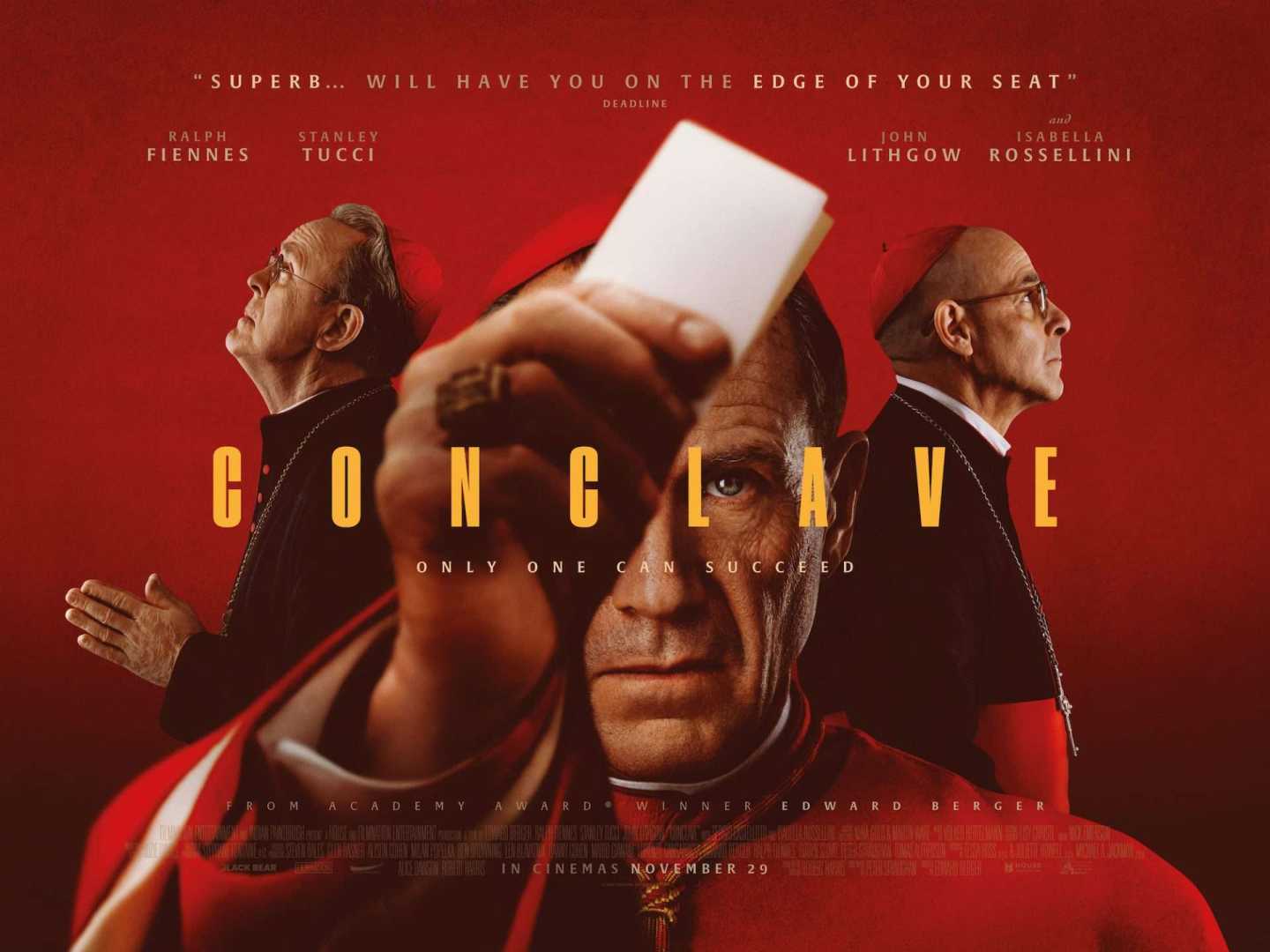Entertainment
Controversial Film ‘Conclave’ Sparks Outrage Among Conservative Catholics

LOS ANGELES, Calif. — The Golden Globe-winning film ‘Conclave,’ directed by Edward Berger, has ignited a firestorm of controversy among conservative Catholics, with prominent commentator Megyn Kelly leading the charge. The movie, which explores the election of a new pope, has been labeled ‘disgusting’ and ‘anti-Catholic’ by critics, particularly for its unexpected twist ending.
Released during the holiday season, ‘Conclave’ follows the political and moral struggles of cardinals gathered in Rome to elect a new pope. The film, based on Robert Harris‘s novel of the same name, stars Ralph Fiennes, Stanley Tucci, and John Lithgow. It has been praised for its gripping narrative and performances, winning Best Screenplay at the Golden Globes. However, its portrayal of the Catholic Church has drawn sharp criticism from some quarters.
Megyn Kelly, a conservative commentator, took to X (formerly Twitter) to express her outrage. ‘Just made the huge mistake of watching the much-celebrated Conclave & it is the most disgusting anti-Catholic film I have seen in a long time,’ she wrote. Kelly specifically criticized the film’s twist ending, in which the newly elected pope, Vincent Cardinal Benitez (played by Carlos Diehz), reveals he is intersex. ‘They make THE POPE INTERSEX! This is the big exciting twist at the end,’ Kelly tweeted, misgendering the character in her post.
The revelation of Cardinal Benitez’s intersex identity has sparked debate about the Catholic Church’s stance on gender and leadership. In the film, Benitez explains that his faith led him to embrace his identity as divinely ordained, despite the Church’s prohibition on women holding high positions of power. ‘I am what God made me. And perhaps it is my difference that will make me useful,’ Benitez says in the movie.
Peter Straughan, the film’s screenwriter, defended ‘Conclave’ against accusations of being anti-Catholic. ‘I don’t think the film is anti-Catholic. I was brought up Catholic. I was an altar boy,’ Straughan told Variety. He emphasized that the film explores the tension between power and spirituality within the Church. ‘The core message of Conclave is about the church always having to re-find its spiritual core, because it deals so much with power,’ he said.
Kelly’s critique reflects a broader divide among Catholics about how their faith is represented in media. While some, like Kelly, view the film as an attack on Catholic values, others see it as a thought-provoking exploration of faith, doubt, and humanity. ‘Our faith is a living thing precisely because it walks hand-in-hand with doubt,’ Cardinal Lawrence (Fiennes) says in the film, encapsulating its central theme.
The controversy has also drawn attention from Catholic organizations. The Catholic League, known for boycotting films it deems anti-Catholic, criticized ‘Conclave’ without having seen it. ‘Given what we know about Conclave from the fawning critics, the novel, and what people associated with the film have said, Conclave is more a piece of anti-Catholic propaganda than it is a work of art,’ the organization stated.
Despite the backlash, ‘Conclave’ continues to resonate with audiences and critics alike. Its exploration of faith, power, and identity has sparked important conversations about the Catholic Church’s role in modern society. As Straughan noted, ‘The beauty of Catholicism lies in its ability to evolve and adapt, even as it grapples with the imperfections of its leaders.’












